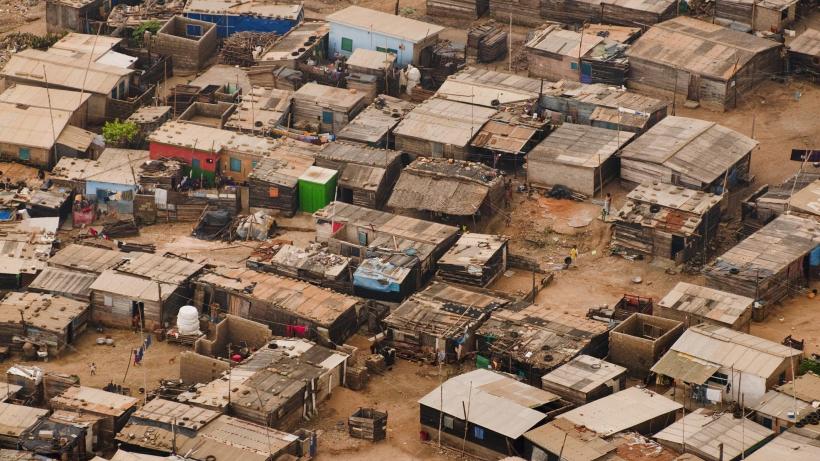Urban land use
Land is a city’s most valuable resource, but without active policy is liable to be badly misused.
There are two key policy challenges preventing efficient land use in cities:
- A lack of clarity over land ownership. Unclear and poorly administered land ownership puts land in a state of gridlock – discouraging the owner from developing the land, at the same time as preventing sale to a more productive user.
- Unrealistic and reactive urban planning. In the absence of realistic and proactive planning, land risks becoming occupied without co-ordination. Unplanned settlement has resulted in not enough land being reserved for essential infrastructure such as roads. Infrastructure is up to three times more costly, and far more politically challenging to retrofit after people have settled.
The content below provides a toolkit of information and resources to help inform land policy decisions, drawing on research and practical experiences from Rwanda to 19th century New York.
- Ed Glaeser’s keynote speech at the Opening Session of the World Bank Land and Poverty Reduction Conference 2018. Cities that Work partnered on this conference.
- Land rights in developing countries: Insights from policymakers. Policymakers from Rwanda, Zambia, Uganda and Ghana discuss.
- Ed Glaeser: The spatial structure of cities in developing countries
- Making land administration work for African cities
- Making the most of urban land: the role of rights and responsibilities
- Land reform, redistribution and risk: Towards an inclusive South Africa
- Making room for Africa’s urban billion
- Data for decision-making: How spatial data is shaping the African urbanisation story
- Urban density and the promises of proximity


